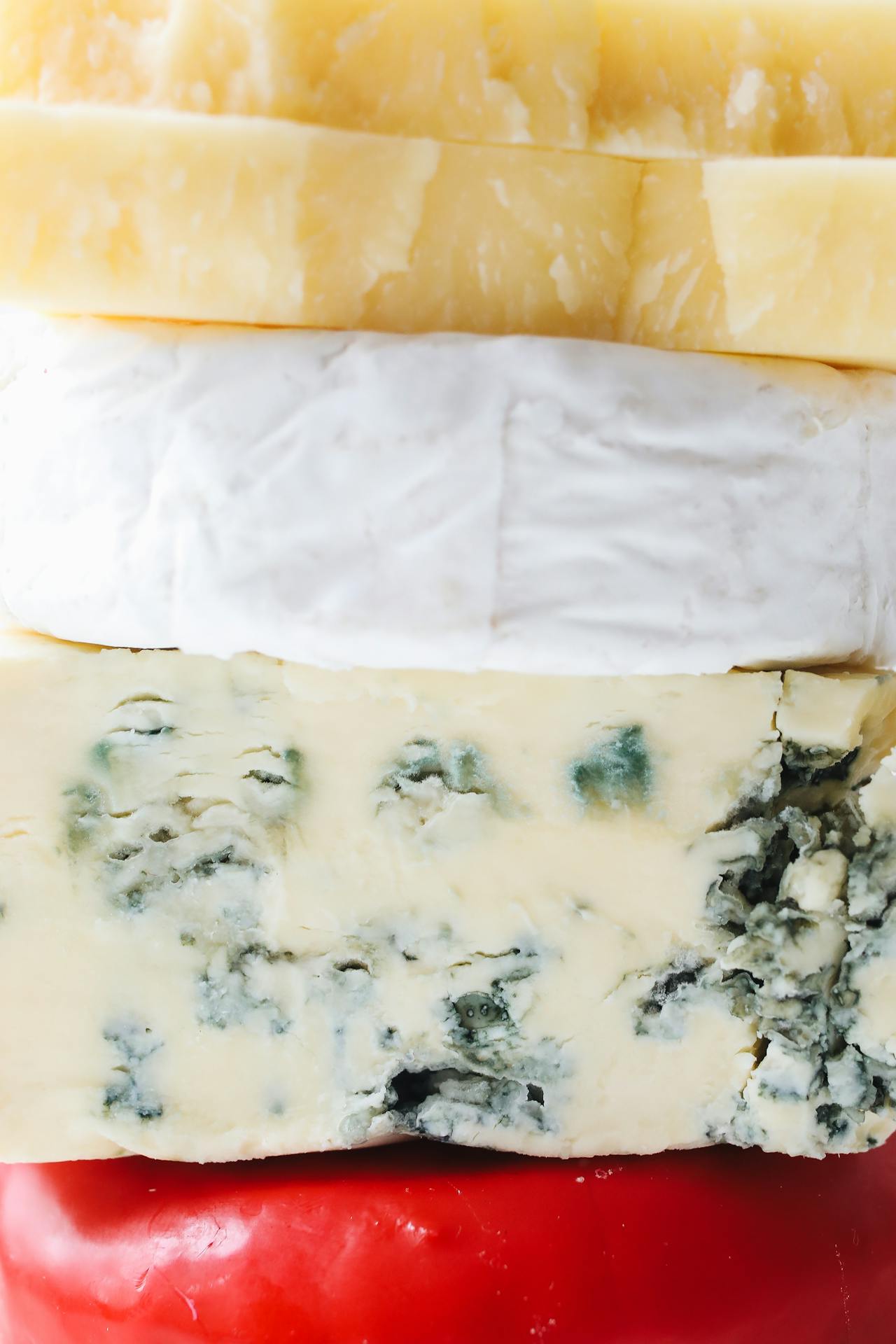Calories in PORK STICK
Serving Size: 1 ONZ (28.0g)
Amount Per Serving
- Calories 89.9
- Total Fat 7.0 g
- Saturated Fat 2.5 g
- Cholesterol 24.9 mg
- Sodium 220.1 mg
- Potassium 0.0 mg
- Total Carbohydrate 2.0 g
- Dietary Fiber 0.0 g
- Sugars 1.0 g
- Protein 6.0 g
- Vitamin A 100.0 IU
- Vitamin B-12 0.0 µg
- Vitamin B-6 0.0 mg
- Vitamin C 0.0 mg
- Vitamin D 0.0 IU
- Vitamin E 0.0 mg
- Calcium 40.0 mg
- Copper 0.0 mg
- Folate 0.0 µg
- Iron 0.4 mg
- Magnesium 0.0 mg
- Manganese 0.0 mg
- Niacin 0.0 mg
- Pantothenic Acid 0.0 mg
- Phosphorus 0.0 mg
- Riboflavin 0.0 mg
- Thiamin 0.0 mg
- Zinc 0.0 mg
Note: The nutrition information for this food comes from the USDA Food Central Database. The data from the USDA is generally pretty accurate. However, please use the data on this page at your own risk. Daily values are based on a 2,000 calorie per day diet put forth by the FDA. Actual daily nutrient requirements may be different based on your gender, age, level of physical activity, medical issues and other factors.
